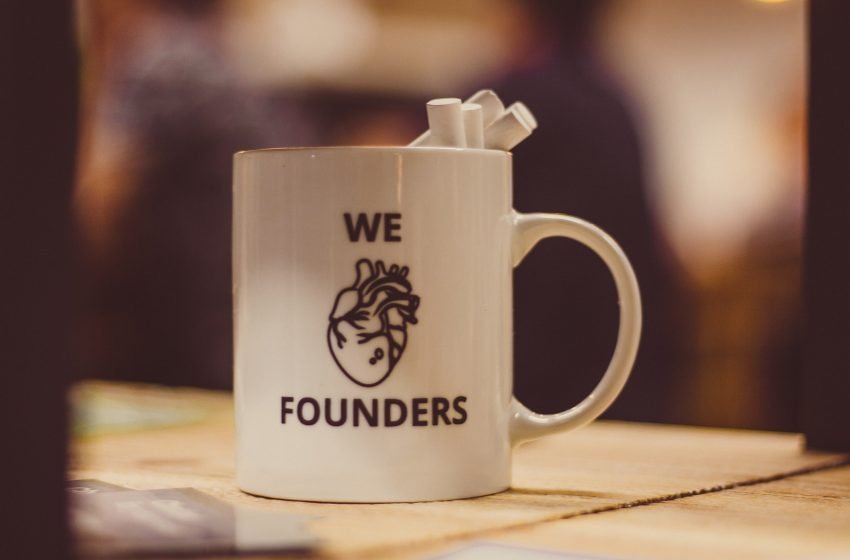Written by Ryan Frederick of AWH
Creating anything is hard. Creating something that is commercially successful is ridiculously hard.
Starting a company is irrational. I write about this in my book The Founder’s Manual. It is irrational because most products and companies won’t work. We know this, but we signup to start companies despite the odds.
Why? Because creators create.
Just as an artist’s last painting or a musician’s last song doesn’t define them as a person, neither does a founder’s product or company.
Creators run the risk of having their personal identity wrapped up in their work and what they produce. Creators have to be able to separate themselves from their work or they risk losing themselves in their work and having their work define who they are.
I’ve been there, and I know many founders who have defined their self-image and self-worth based on the success or failure of their companies. Founders have to protect themselves from being synonymous with the success of their companies. Yes, founders should be invested and should do everything professionally possible to make their companies succeed, but not at the risk of losing their own identity.
Many investors, and a lot of content written around being a founder, push them to be ‘all in’ with their companies. ‘All in’ is code for ‘you better be willing to give up everything else to make this company successful’. This narrative is dangerous for founders, especially coming from respected investors and sources. All in professionally – fine. But not all in with the entirety of a person’s identity.
This is one of the reasons I dislike the hustle culture. The hustle culture forces founders to believe they aren’t doing enough and to be constantly running faster and faster, even at the expense of other important personal aspects like sleeping well, physical fitness, and mental well-being. The hustle culture makes founders feel second-rate if they aren’t listening to every podcast and emailing people at 1 o’clock in the morning. The mantra is you are either hustling all of the time or you are a slacker and don’t care if your company succeeds. Neither of which is true.
Founders need to personally separate themselves from the ups and downs of their companies to remain mentally, emotionally, and physically well. Our professional successes or failures don’t define us personally. This is even more true for founders, or at least should be. It is easy for founders to confuse professional and personal success or failure.
Founders who lose themselves in their companies will end up feeling shallow and hollow as a result even if their company is successful. Founders should take pride in and feel professional gratification when their company is doing well, but allowing the company’s success or failure to define a founder as a person is a recipe for personal disaster.
Founders who tie their personal identity to their companies are more susceptible to mental, emotional, and physical upheaval. These founders are more likely to seek comfort and an escape in destructive things, environments, and actions. Their belief in being all in and their participation in the hustle culture causes them to act in ways that are detrimental to themselves. Not so ironically – detrimental to their company too.
So, founders, don’t let you become lost in and identified by your company. Be you that also happens to be the founder of a company.
Ryan Frederick has had the privilege of being part of starting and growing several product companies and services firms. Ryan is a Principal at the product studio AWH. Ryan has authored two books. The first on increasing the odds of success in creating products, being a Founder, and starting companies called The Founder’s Manual: A Guidebook for Becoming a Successful Entrepreneur. The second, Sell Naked: And Other Advice for Growing and Managing Services Firms. Ryan speaks frequently about creating software products, growing services firms, and leadership.

